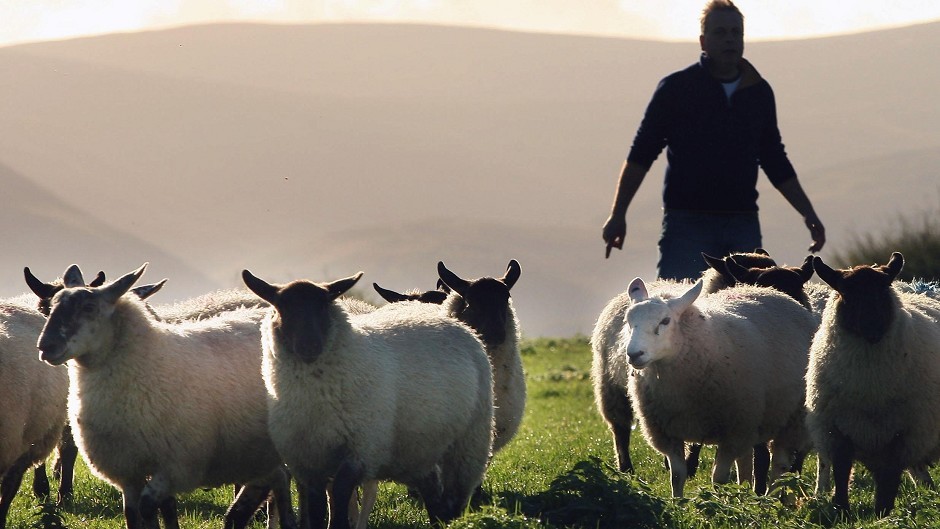Confidence amongst farmers over the future of the industry has dropped amid falling prices, according to a survey.
A total of 86% of farming businesses who were asked said they were profitable in the last financial year – the second highest level recorded in the 19 years since the Bank of Scotland Agricultural Survey was launched.
They said this was down to good weather and a reasonable harvest in 2013, as well as strong milk and beef prices.
However, expectations for the current financial year have hit a 12-year low as 51% of respondents across all farm types anticipated that their business would not be profitable.
The report, which surveyed arable, dairy, livestock, mixed and hill farming between December 2014 and January 2015, revealed 56% of farmers believed that the broader Scottish industry is not currently prosperous.
It comes as official initial estimates released on Tuesday revealed farmers’ incomes fell significantly last year as a result of a drop in cereal and potato prices.
The survey also revealed confidence amongst farmers declined to a six year low, with more than half of respondents saying they were not optimistic about the future of agriculture in Scotland.
It found uncertainty around the reforms under the new Common Agriculture Policy (CAP) in the Scottish farming industry, with just under 70% of farmers rating them as poor or very poor.
An 80% majority said they expect the new CAP to have “unintended consequences” for their business, with 73% saying it would have a largely negative impact on their business.
Donald MacRae, the bank’s chief economist, said: “These are clearly testing times for Scottish farmers.
“The fall in confidence in this year’s survey reflects the current backdrop of depressed agricultural prices.
“The broadly negative views toward the implementation of CAP coupled with the support for certain areas of the reforms may appear to conflict one another but this is understandable as the industry continues to grapple with the scope and complexity of the new rules.”
Commenting on the report, Sandy Hay, Bank of Scotland head of agriculture, said: “It is interesting to see that even with the concerns around falling output and the decrease in investment forecasts, on an individual level Scottish farmers are committed to expanding some areas of their business over the coming years.
“Nevertheless, as a bank, we understand that 2015 poses no shortage of challenges for the sector and our Agriculture team is on hand to provide the necessary advice and support to our farming customers in what is a crucial industry for the Scottish economy.”
